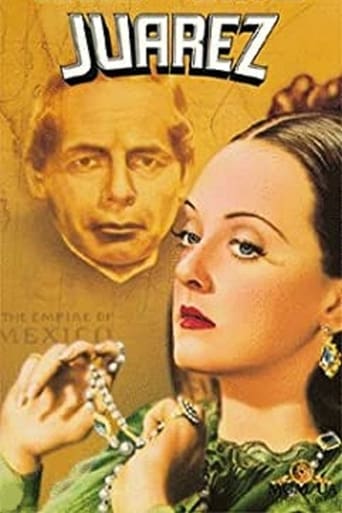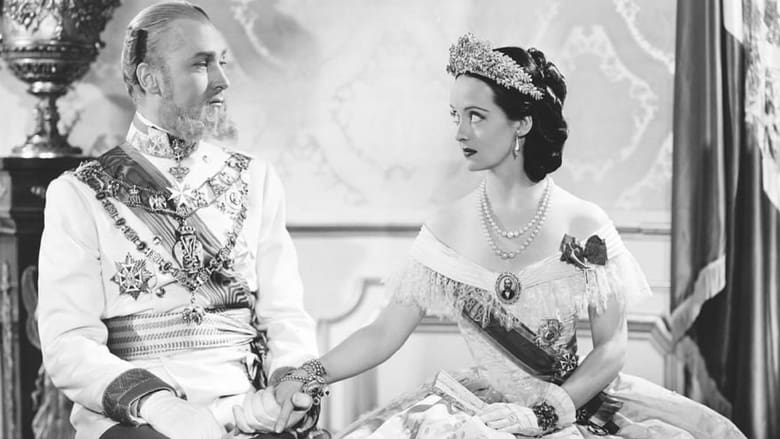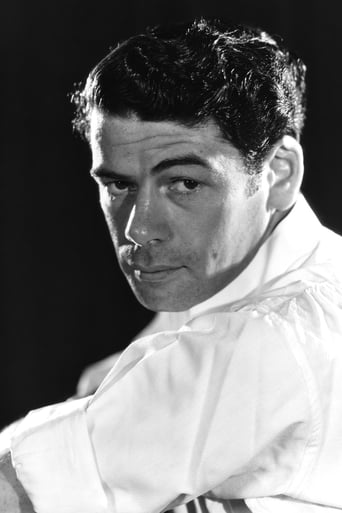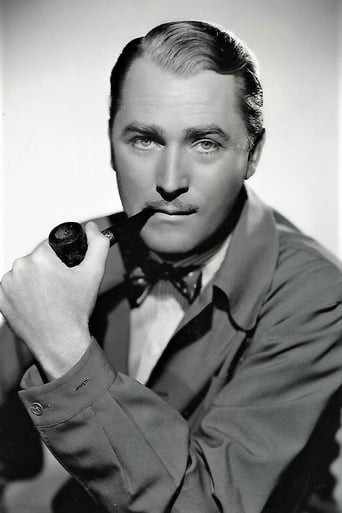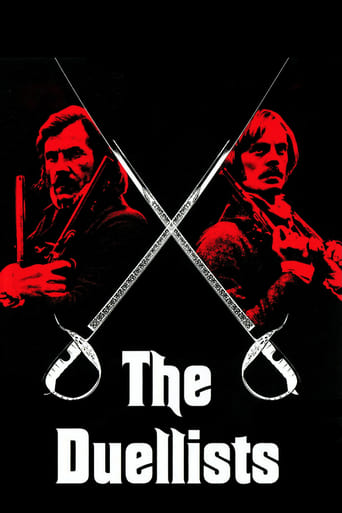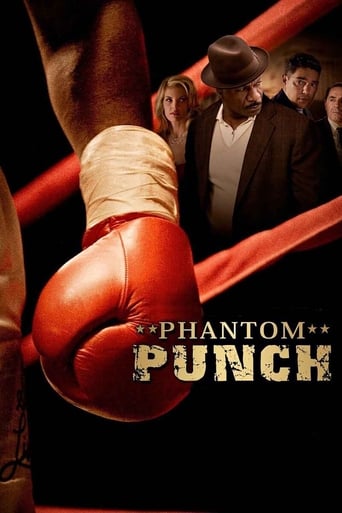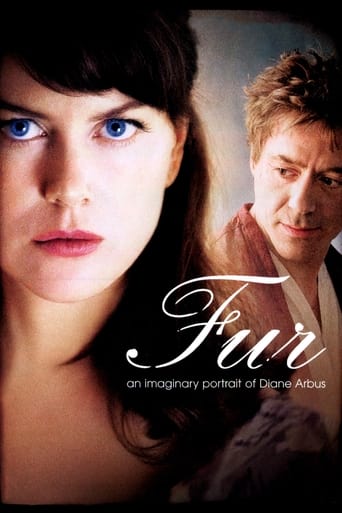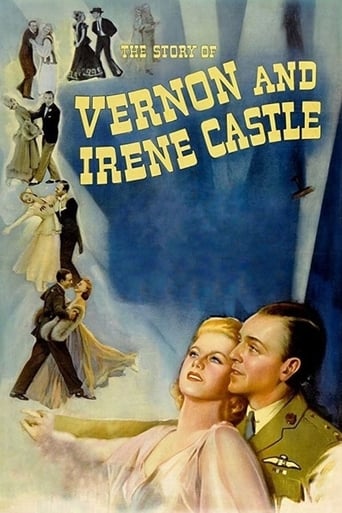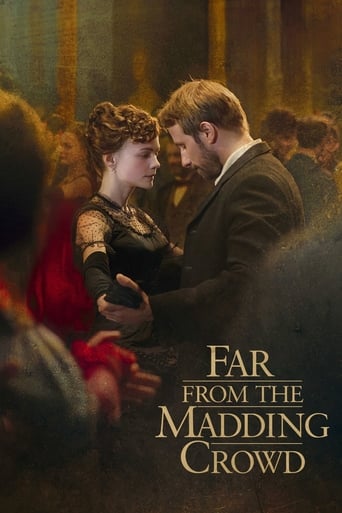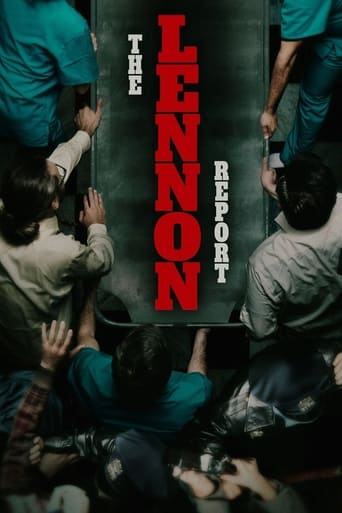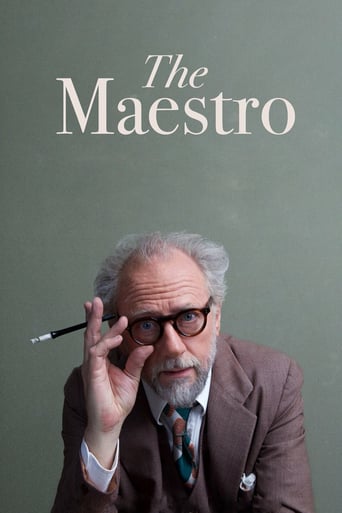Juarez (1939)
The newly-named emperor Maximilian and his wife Carlota arrive in Mexico to face popular sentiment favoring Benito Juárez and democracy.
Watch Trailer
Cast



Similar titles
Reviews
Sadly Over-hyped
I don't have all the words right now but this film is a work of art.
The film creates a perfect balance between action and depth of basic needs, in the midst of an infertile atmosphere.
The acting is good, and the firecracker script has some excellent ideas.
Copyright 10 June 1939 by Warner Brothers Pictures, Inc. New York opening at the Hollywood: 25 April 1939. U.S. release: 10 June 1939. U.K. release: November 1939. Australian release: 12 October 1939. 132 minutes. SYNOPSIS: It is 1863. The French army, in Mexico as an armed bill collector, is failing its purpose. The liberal constitutional government under the Zapotecan Indian, Benito Pablo Juarez, a brilliant, honest statesman and president, will not pay because it cannot. The treasury has been emptied, the country all but ruined by the dictators and militarists who, through the centuries have preceded him in office. NOTES: Negative cost: around $1.4 million. Brian Aherne was nominated for Best Supporting Actor, losing to Thomas Mitchell in Stagecoach. Number 8 on the Film Daily's annual survey of American film critics. COMMENT: Controversial in its day because of its many historical distortions (and indeed fabrications), Juarez is best viewed as a superlative piece of dramatic entertainment. Superbly set and photographed, with brilliant performances, masterly direction, and a Korngold score, what more could you ask? Yes, two more things - and Juarez has them: a riveting script, breathtakingly paced.OTHER VIEWS: A quite impressive film, the two parts of Juarez and Maximilian are well written and admirably acted by Paul Muni and Brian Aherne (Mr Muni's make-up is extraordinarily impressive: he is an Indian to the very shape of the skull and the stony Aztec profile). - Graham Greene.
Although there are some mistakes historically speaking,this is an absorbing screenplay,with superlative performances by Paul Muni,Bette Davis and Brian Aherne,who should have been at the top of the bill too,for he has more scenes than his two co-stars.Muni is almost frightening with his impassive face and his slow delivery.If looks could kill,his certainly would...Davis ,although she does not look like Charlotte physically ,gives a captivating portrayal of the empress.The scene when she prays Virgin Mary is impressive ,but not true: she was not sterile,but she and the emperor used to sleep apart!Their relationship was much more complex than the one depicted by Dieterlé: actually,the emperor was often away,it seemed that their strange love worked from a distance.Little by little,Maximilian lost all interest in power and Charlotte was ruling while he was gone (which often happened)or was staying in his Cuernavaca "paradise" .Aherne is Maximilian in the flesh.It's interesting to notice that his brother Francis-Joseph had deprived him of all his rights and his titles in Austria.Historians generally agree that he would not have accepted the Mexican throne,if Charlotte had not been his wife. the problem is that the film doesn't show us the couple BEFORE they get to Mexico:one thing to bear in mind is that Max did not accept the throne overnight;and many people in Europa (notably Queen Victoria and Empress Elizabeth aka "Sissi" ) had warned them it was more a curse than a blessing.Charlotte (Carlotta) ,someone reportedly said ,wanted to reign over any people anywhere.Sissi called her Max's black angel. Maximilian is depicted as a chivalrous noble sovereign which he was in a way.But of course ,he had lots of (Mexican)lovers since he didn't sleep with his wife Dieterlé does not pass over in silence the obnoxious role played by Napoleon the Third (and wife Eugénie de Montijo).Charlotte does show her contempt:"He is an impostor,his family is not an old one like ours ".The famous scene of the orangeade is included .Today,no serious historian would put forward that the drink was poisoned.But it might be possible that she was poisoned before leaving Mexico.Davis shines when she plays these scenes of madness.The scenes in Paris are not thoroughly accurate though:Eugenie (an incredibly beautiful Sondergaard) met first Carlotta alone in the Grand Hotel -they did not invite her to the Tuileries,which meant a lot about what they felt-Metternich was not the person who helped Carlotta :she first took refuge in the Vatican where the pope had trouble to get rid of her,then her sister-in-law Marie -Henriette ,queen of Belgium,came to her rescue when she was treated almost like a prisoner in Miramar.All that concerns Maximilian's death is accurate ,his last words were "poor Charlotte!"Poor Charlotte indeed.She was to outlive almost everyone,even Empress Eugenie! She died in 1927,after years and years of insanity with occasional moments of lucidity ,notably during WW1.Dieterlé's movie is by no means uninteresting,but it would be exciting to film a remake in the light of the recent works about the Mexican adventure.
Yes. Hollywood gets in the way of history, this is a movie from 1939 after all, but look at the selection of actors who gathered to do this. Muni, Raines, Davis, Aherne, Garfield, Roland, Crisp, Sondergaard!!! Each one as professional as the other, working together as a beautiful ensemble, with this story as a great platform for each of them. I loved the performances of Paul Muni and Brian Aherne. Some have said that these actors were wooden or sluggish, but I disagree! Both of these actors knew step by step of how their characters would act and react to the situations put before them and did it wonderfully. The two gems in this movie are the performances of Gilbert Roland and John Garfield. Their emotional responses, especially to the abdication of, and, subsequent execution of Maximilian are brilliant. Reading the "Trivia" section of this movie convinces me even more of how much thought went into the presentation of this motion picture...even when Hollywood in 1939 would be tempted to cut corners around historical facts. Movies were made with heart and hard work back then. They knew their craft.
This film is a historical drama in which commendable care has been taken to ensure that the historical record is reasonably accurate. In the mid nineteenth century France had troops stationed in Mexico supporting the French settlers and Mexican conservatives who had jointly forced the indigenous President Juarez out of Mexico City after he carried out land reforms that they opposed bitterly. These troops infringed the Monroe doctrine and Napoleon III knew that once the American Civil War was over they would be forced to leave. He attempted to retain French influence by persuading the Mexican conservatives to call upon a member of the Hapsburg Royal family, the liberal minded Ferdinand Maximilian, brother of Emperor Franz Josef of Austria, to accept the throne of Mexico. The story has all the marks of high tragedy. After his marriage to Princess Charlotte the daughter of King Leopold of Belgium, Maximilian had been appointed as Viceroy of the Lombardo Venetian kingdom in Italy, but he was quickly dismissed from this position by Franz Josef who regarded his policies as too liberal. When offered the throne by Mexican monarchists he would not accept at first, but was eventually persuaded to do so by Napoleon, who promised French support if necessary. He reached Mexico in 1864 to find the massive popular support for a Hapsburg monarch, of which he had been assured, did not exist; and the regime relied upon French troops to remain in power. Although Juarez refused him allegiance, Maximilian decided to back the land reforms and other liberal policies Juarez had introduced, thereby seriously antagonising most of his monarchist Mexican supporters and leaving himself very isolated. Around 1865, when the American civil war ended, the U.S.A. started to supply arms to the Mexican revolutionaries and to exert pressure on Napoleon to remove French troops from North America in accordance with the Monroe doctrine. It quickly became clear that Maximilian's position was unsustainable. Napoleon withdrew French troops and urged Maximilian to leave Mexico. He refused to desert his Mexican supporters, and sent Charlotte back to Europe where she made several attempts to obtain assistance for her husband. When these failed she experienced severe emotional disturbances, and publicly accused her family of betraying her husband until they had her declared insane in order to control her. Ultimately Maximilian was captured by the revolutionaries and, after Juarez himself had refused clemency, executed. Charlotte spent the next 60 years in seclusion in various homes eventually dying in Belgium in 1927. A small point of historic interest is that in the Hapsburg family, which was never noted for its progressive views, both Franz-Josef's brother and his son appear to have been natural liberals. (See my review of 'Vizi Privati, Pubbliche Virtu') Could this have been a reaction to close family contact with the ultra-traditional Franz Josef himself? Whilst this story clearly provides the basis for a very dramatic film, Hollywood should never have considered making it. Great historical films usually require the viewer to experience some degree of involvement with the story and/or the cast. (Imagine "Das Boot" created by a studio outside Germany or "The Battle of Britain" by one outside the U.K.) The situation here was made worse by the selection of Bette Davis to play the part of Charlotte (or in Mexican, Carlota). Bette's career was founded on her part in "Of Human Bondage", and she built it on very strong acting, which often appears as overacting. In this case she plays Charlotte as becoming totally insane at a very early stage, which is widely regarded as incorrect. The acting on the Mexican side is no better. Hollywood chose Paul Muni to play the part of Juarez, and he was so far out of his depth that he acted it largely as a sullen, uncommunicative, and not very intelligent lower class native Mexican; which makes nonsense of the charisma that Juarez displayed to his contemporaries. There is a solid performance by Brian Aherne as Maximilian, and there are some fine sequences showing the court of Napoleon III, but Hollywood quickly becomes out of its depth when depicting nineteenth century Mexico, and viewers of this film never really become involved with its characters in the way that is necessary to create a powerful drama. My recommendation is that if you are interested in this short but dramatic interlude in world history you should read about it in a good encyclopaedia, rather than watch this Hollywood version of the events. I had never seen it until it was shown on the TCN TV channel recently, and as Bette Davis was featured in it I decided to watch. I found it overlong and a little tedious even though I am quite interested in Mexican history. In my view this was no more than a marginally competent film, which was probably not worth bringing back into regular circulation. I would prefer to wait until an equivalent film is created in a Mexican studio by a Mexican cast and crew, and with a Director such as Alfonso Cuaron who has shown proved ability to display fine nuances of character on the screen..

